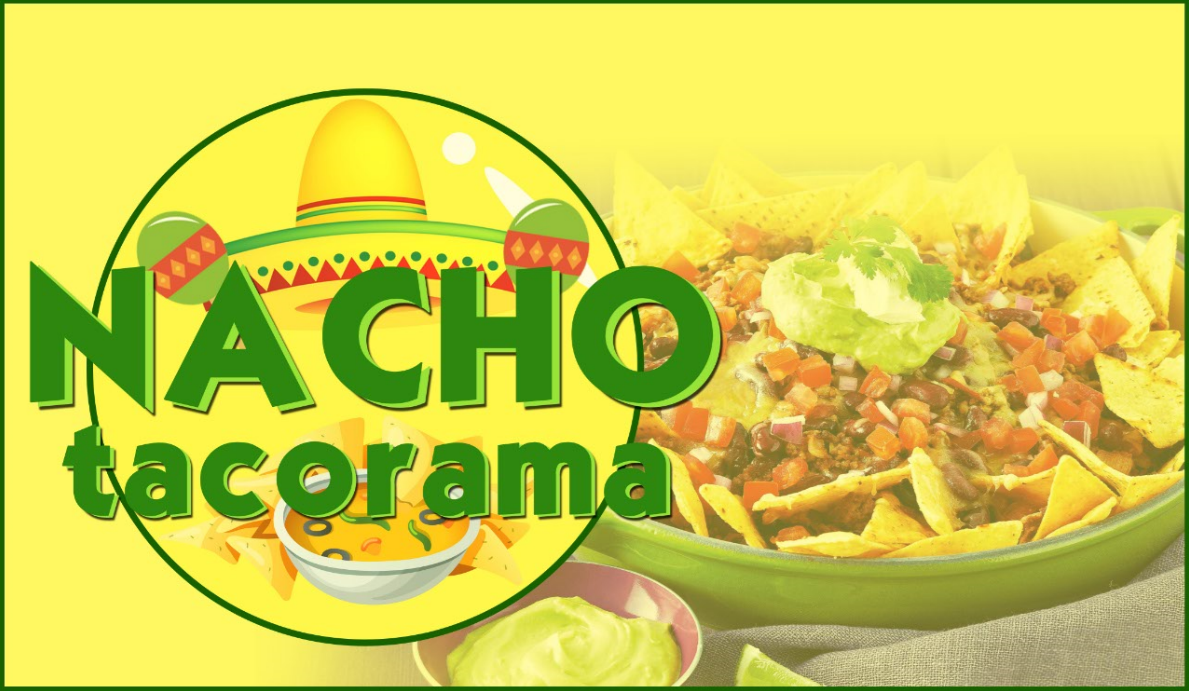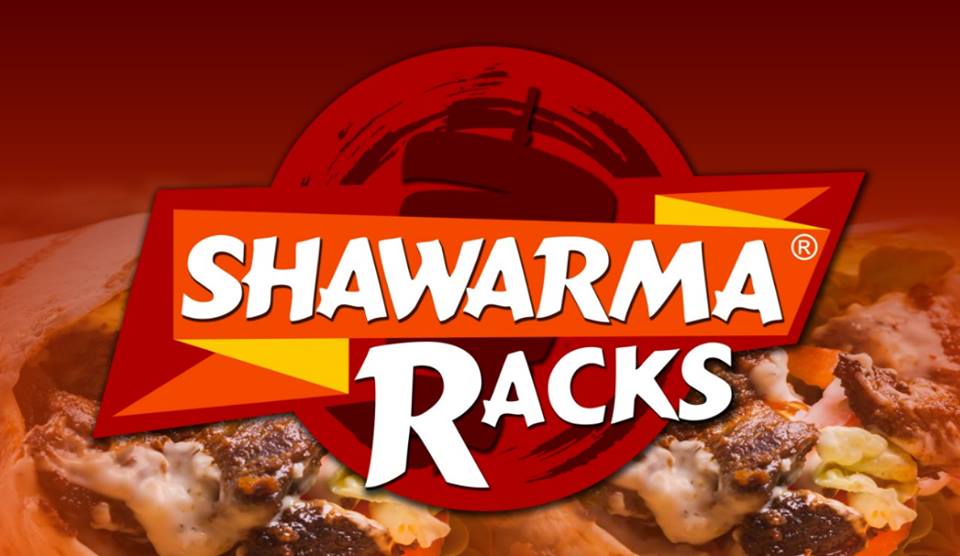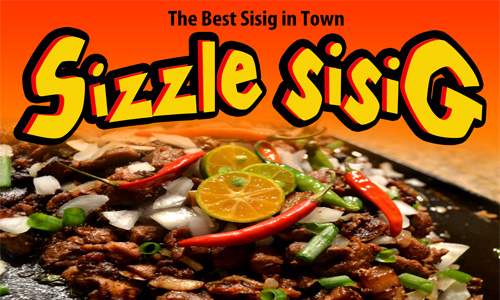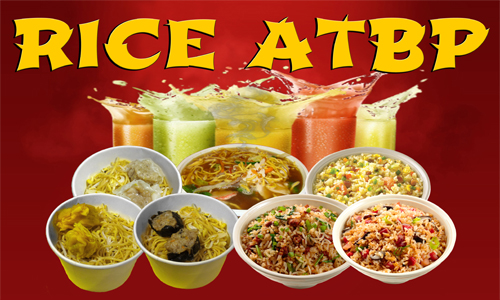How to Start Your Own Food Cart Business

Starting a food cart business is an ideal start up venture for young entrepreneurs because it doesn’t require a big capital. However, in order for your food cart business to be successful you need to have a good product that people will always want, a good location and you have to market it well.
But before starting a food cart business, here are 10 things you should consider according to Richard Sanz, director of the Association of Filipino Franchisers Inc. (AFFI).
But before starting a food cart business, here are 10 things you should consider according to Richard Sanz, director of the Association of Filipino Franchisers Inc. (AFFI).
1. You should have a good concept. Sanz says the concept should always match the product you are selling. So, if the product is Italian, everything should be consistently Italian themed. If the product is Filipino, the concept should match.
2. Focus on the product first. “Even if the concept is good, but the product is bad, people will just avail at the start to try it out but they will not be coming back,” Sanz said. Making sure that you have a consistently good product will ensure the long term viability of the business.
3. Get a good starting location. This is one of the single most important factors of a food cart business. Make sure that the site is very visible with very high foot traffic. “Do your research, try to gauge the amount of people passing through a particular location, and also make sure that these people suit your target market for your product,” Sanz advises.
4. Come up with a good stall design to attract customers. As a marketing tool, having a good storefront is critical for any startup. “Ask yourself, how will I differentiate myself from competitors? To do this, you will probably need to hire a good designer and architect or visit other countries to get a good idea. Trade books and magazines could also help you decide what design will work for your line of business,” Sanz said.
5. Have an efficient operating system. Sanz said it is very important to install a good operating system in your business, especially if you’re a startup with limited resources. “Here is where the stall operation will revolve. This is important because in cart business, there is limited space. You should be able to store your product and prepare them with that limited space,” he said.
6. Don’t bank on credit to bankroll your business. Obtaining the needed capital for your business is a necessary step, but Sanz counsels it would be wise to use your own money, so in case the business doesn’t do well, no creditor will go after you. “The rule is “you only invest what you are prepared to lose,” he said.
7. Be a stickler for service. A food business is very dependent on a good reputation for success, maintaining a good service level, efficient systems, and clean products and workstations will go a long way in helping your longevity and increase help you build credibility.
8. Pay your suppliers, employees, and lessor (rent) on time to ensure continuity of operations. There’s nothing more annoying than having to stop operations for lack of supplies, place of business, or both. To avoid this, Sanz says entrepreneurs should set up an active payment system that is both efficient and timely. “Suppliers are the lifeblood of your company, and if they stop because of non payment, you will lose a lot money. Also, make sure to pay the right wages and give mandatory benefits to your employees, because a happy worker is a productive worker,” he said.
9. Secure all necessary permits before starting operations. Before the first day of operations, make sure to register your business with DTI, IPO, BIR, and get the necessary business permits in the barangay and municipal/city hall (mayor’s permit). Doing so will save you the hassle of processing it while your business is already under way.
10. Choose the right franchise. If you opt to get a franchise instead of starting your own business, make sure that the franchisor is a member of good standing with any (or both) of the two franchise associations in the Philippines, AFFI (Association of Filipino Franchisers, Inc) and PFA (Philippine Franchise Association). Do background checks, talk with franchisees, and consult a lawyer before signing the franchise agreement.
“People should be very careful before getting a franchise for food carts because there are already fly-by-night franchisers that are taking advantage of this to enrich themselves illegally. This is why the membership with the Affi and PFA is important because these two groups screen their members properly,” Sanz said.
2. Focus on the product first. “Even if the concept is good, but the product is bad, people will just avail at the start to try it out but they will not be coming back,” Sanz said. Making sure that you have a consistently good product will ensure the long term viability of the business.
3. Get a good starting location. This is one of the single most important factors of a food cart business. Make sure that the site is very visible with very high foot traffic. “Do your research, try to gauge the amount of people passing through a particular location, and also make sure that these people suit your target market for your product,” Sanz advises.
4. Come up with a good stall design to attract customers. As a marketing tool, having a good storefront is critical for any startup. “Ask yourself, how will I differentiate myself from competitors? To do this, you will probably need to hire a good designer and architect or visit other countries to get a good idea. Trade books and magazines could also help you decide what design will work for your line of business,” Sanz said.
5. Have an efficient operating system. Sanz said it is very important to install a good operating system in your business, especially if you’re a startup with limited resources. “Here is where the stall operation will revolve. This is important because in cart business, there is limited space. You should be able to store your product and prepare them with that limited space,” he said.
6. Don’t bank on credit to bankroll your business. Obtaining the needed capital for your business is a necessary step, but Sanz counsels it would be wise to use your own money, so in case the business doesn’t do well, no creditor will go after you. “The rule is “you only invest what you are prepared to lose,” he said.
7. Be a stickler for service. A food business is very dependent on a good reputation for success, maintaining a good service level, efficient systems, and clean products and workstations will go a long way in helping your longevity and increase help you build credibility.
8. Pay your suppliers, employees, and lessor (rent) on time to ensure continuity of operations. There’s nothing more annoying than having to stop operations for lack of supplies, place of business, or both. To avoid this, Sanz says entrepreneurs should set up an active payment system that is both efficient and timely. “Suppliers are the lifeblood of your company, and if they stop because of non payment, you will lose a lot money. Also, make sure to pay the right wages and give mandatory benefits to your employees, because a happy worker is a productive worker,” he said.
9. Secure all necessary permits before starting operations. Before the first day of operations, make sure to register your business with DTI, IPO, BIR, and get the necessary business permits in the barangay and municipal/city hall (mayor’s permit). Doing so will save you the hassle of processing it while your business is already under way.
10. Choose the right franchise. If you opt to get a franchise instead of starting your own business, make sure that the franchisor is a member of good standing with any (or both) of the two franchise associations in the Philippines, AFFI (Association of Filipino Franchisers, Inc) and PFA (Philippine Franchise Association). Do background checks, talk with franchisees, and consult a lawyer before signing the franchise agreement.
“People should be very careful before getting a franchise for food carts because there are already fly-by-night franchisers that are taking advantage of this to enrich themselves illegally. This is why the membership with the Affi and PFA is important because these two groups screen their members properly,” Sanz said.
Here are 4 things to know if you want to put a food cart business:
1. You can start a food cart business with a capital of P30,000 to P300,000. With P30,000 starting capital you can have the following:
3. With a simple 4 to 10 product menu, you can start up your own food cart business.
Sources: Sam’s Everything On Stick (453-5239-40), Christine Magno – Owner FoodBiz (09175652113) – Hanep Buhay, gmanews.tv, entrepreneur.com.ph
- a. Wooden cart with a signage – P10,000 – P12,000
- b. Fryers and grillers – P10,000
- c. Products (fishballs and squidballs, etc) – P10,000
3. With a simple 4 to 10 product menu, you can start up your own food cart business.
- In putting up a food cart business, the first thing to consider is the product you will be selling. It could be an exceptional product, a family recipe not known to many, an innovation or variation of an existing product, or a simple and affordable product.
- Your choice of product will also determine the equipment you need.
- Best food cart locations are in malls and train stations, schools, terminals, and office areas.
- Choose a location depending on your product and income.
- Malls and train stations are expensive are expensive locations so make sure that you have enough budget for the space rentals.
Sources: Sam’s Everything On Stick (453-5239-40), Christine Magno – Owner FoodBiz (09175652113) – Hanep Buhay, gmanews.tv, entrepreneur.com.ph
























 RSS Feed
RSS Feed